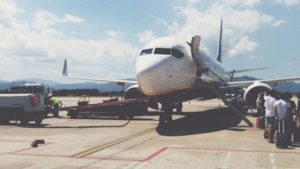 The US government went to considerable lengths to minimize privacy concerns as it tested out a biometric airport screening program at the Dulles International Airport.
The US government went to considerable lengths to minimize privacy concerns as it tested out a biometric airport screening program at the Dulles International Airport.
Run by the Department of Homeland Security’s Customs and Border Protection (CBP) department, working in conjunction with private contractor Unisys, the system was run through a pilot testing phase that concluded earlier this month. It involved scanning the faces of travelers with a mounted camera and then matching their facial biometric data against that of their passports.
Despite the considerable precautionary potential of doing so, the system didn’t match travellers’ faces against the mugshot databases held by federal security agencies. Instead, in a bid to protect traveller’s privacy, the system merely ensured that the faces on their passports matched the faces that were scanned at the airport. And, as Andrea Peterson points out in a new Washington Post article, the government says at the end of a 19-month trial period, all traveler photos collected as part of the program will be discarded, save for any that become involved in a criminal investigation. Moreover, the CBP posted information about the system at the airport, and informed travelers about it prior to involving them in the testing.
The CBP’s careful approach is an indication of the serious privacy rights issues at stake, of which the federal government is clearly keenly aware. And while such issues are almost certain to come up in the future should the government go ahead with an expansion of the program, its show of good faith in the Dulles case is cause for optimism that some kind of balance between security, convenience, and citizens’ privacy can be found going forward.
—
June 22, 2015 – by Alex Perala


Follow Us